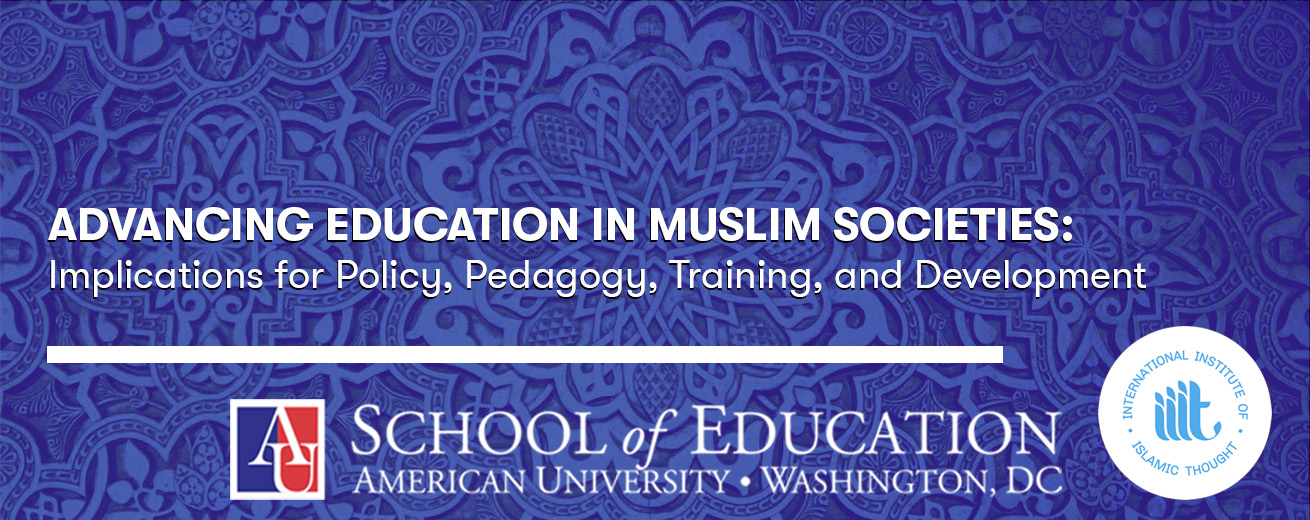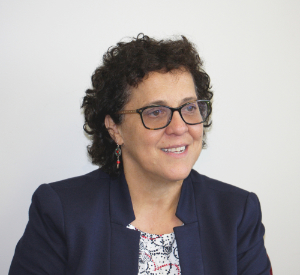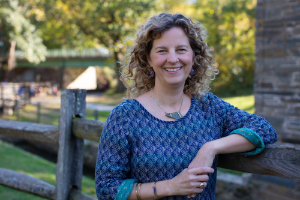The symposium draws proposals by researchers from across fields and disciplines (e.g., education, human development, history, political science, public affairs, religious studies, gender studies, and sociology) in formal and non-formal as well as governmental and non-governmental sectors.
The terms “Muslim” and “education” are defined broadly to be inclusive. By “Muslim,” we mean any self-identifying Muslim individuals, institutions, communities, and societies and their roles in experiencing and shaping education as well as researchers interested in Muslim societies. “Education” includes the pedagogies, practices, and policies, as well as the conditions and status of human development and curriculum as they relate to Muslim societies and communities.
Symposium Themes:
- Advancing the study of curricula for reform in global contexts
- Children, youth, and schooling
- Higher Education and Teacher preparation in Muslim societies
- Pedagogy and Leadership
- Advancing education in Muslim Societies: empirical evidence
- Shared spaces and citizenship education
Who Should Attend: Scholars and students interested in education in Muslim societies, training, and human development
When: Friday, November 11: 5:00pm-7:30pm (Opening reception)
Saturday, November 12: 8:30am-5:00pm
Sunday, November 13: 8:30am-2:00pm



